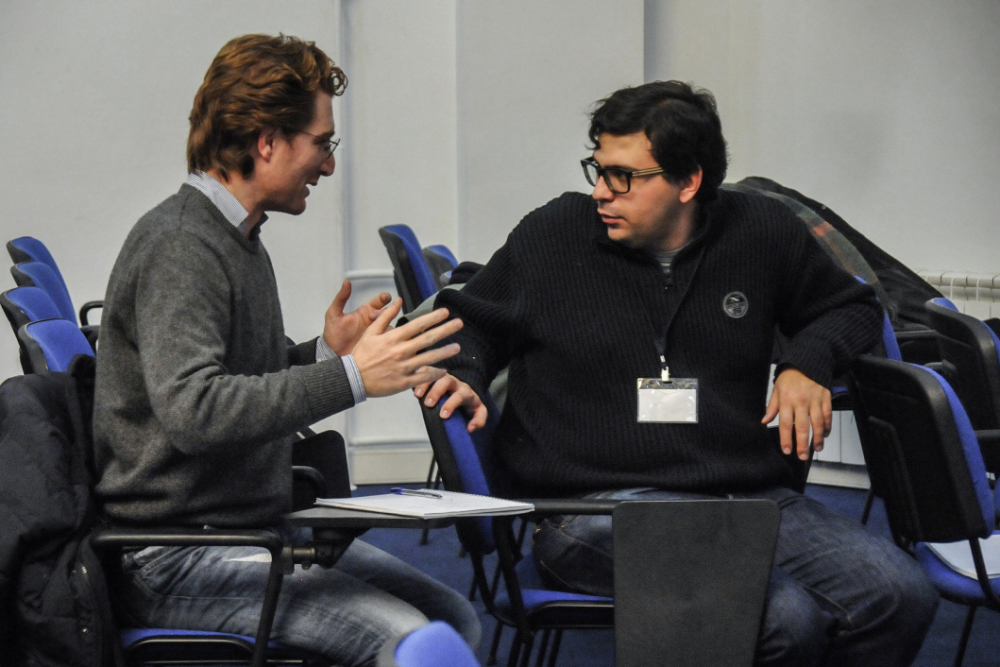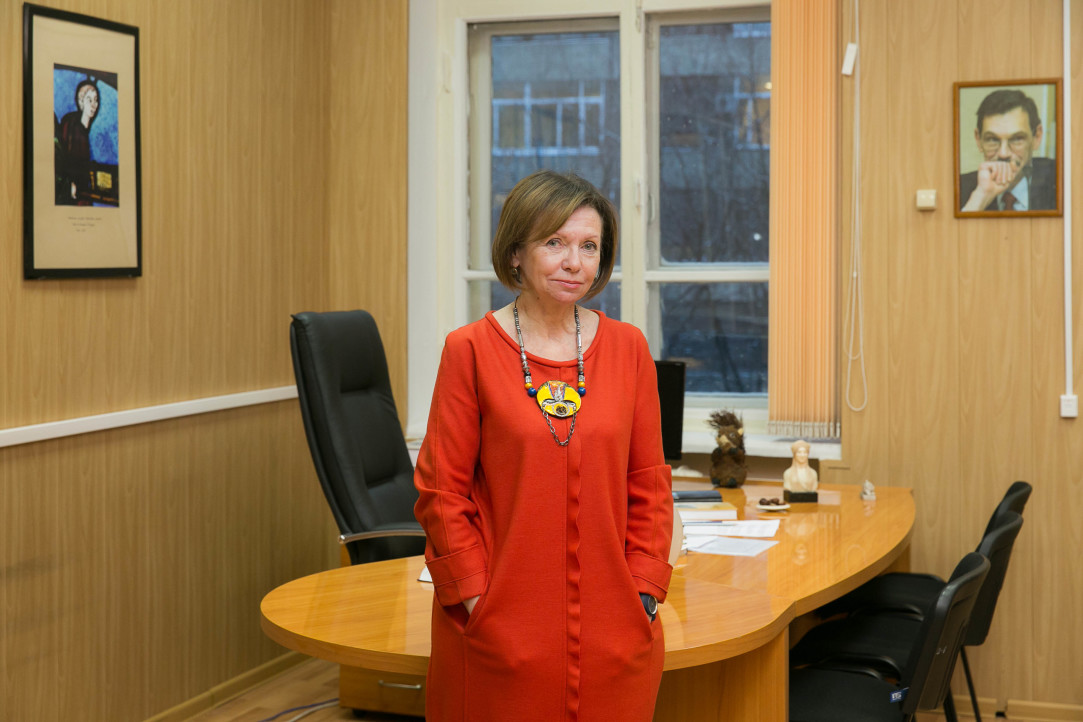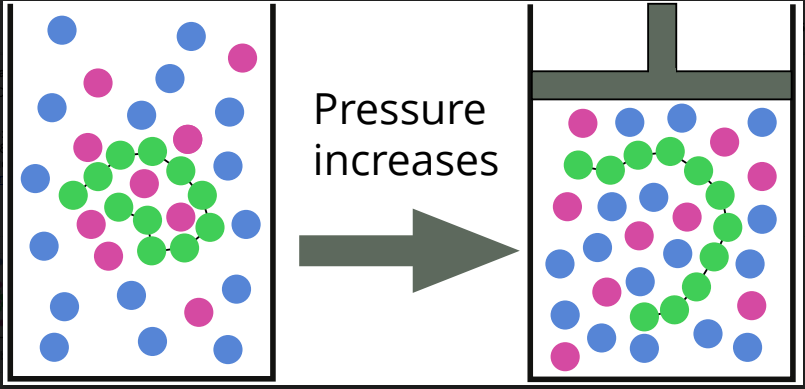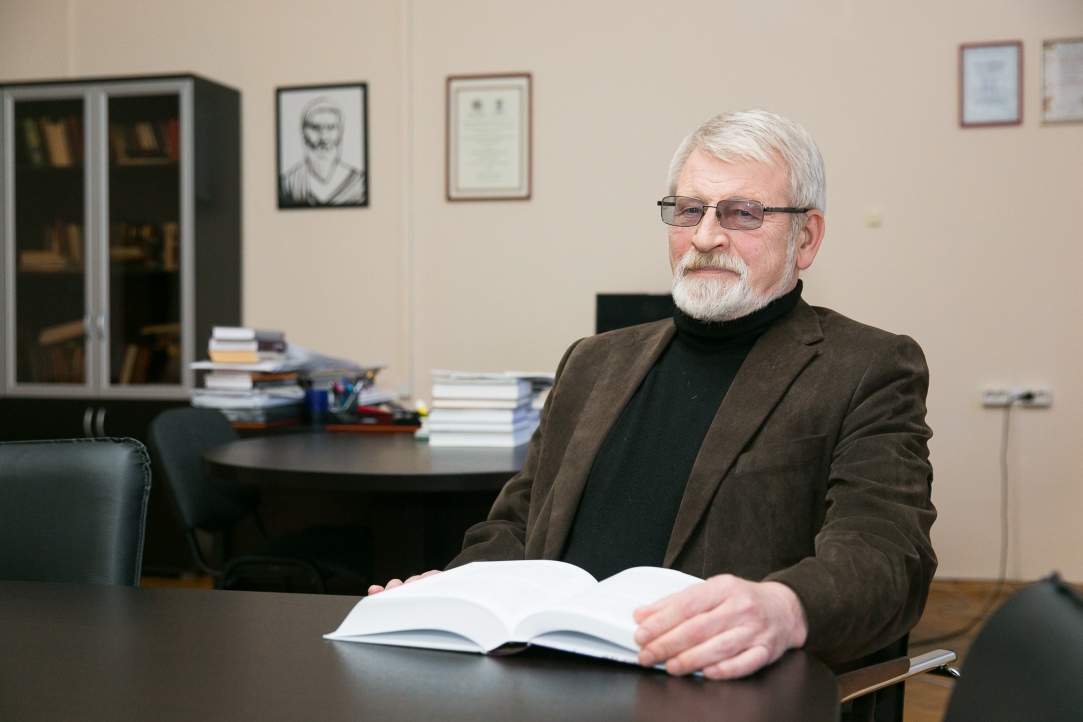
Young Stars of Mirror Symmetry Come Together in Moscow
Mirror symmetry is a relatively new field of mathematics which came into being in the 1990s. In 2017, HSE opened the International Laboratory for Mirror Symmetry and Automorphic Forms. The December conference, ‘Mirror Symmetry and Applications’, was a commemoration of its first year of operation.
Survival Strategies for Women in a Youth-centric World
The idea of ageing well assumes that a mature individual remains active, healthy, and attractive. Society places this demand on women in particular. HSE researchers have published an article in Ageing & Society that looks at the strategies women over 50 choose.
Post-Doc Fellow from USA Studies Russian and Soviet Film and Photography
Jessica Werneke, who completed her undergraduate studies at the University of Iowa and her PhD at the University of Texas at Austin, joined the International Centre for the History and Sociology of World War II and its Consequences as a Research Fellow in 2016. Originally from Chicago, Illinois, she has spent a considerable amount of time living internationally – in both the UK and Latvia – and following her post-doc plans to start a new position as a Newton International Fellow of the British Academy at Loughborough University, where she will continue her research on Soviet photography clubs and amateur photographers in the RSFSR and the Baltic Republics.

'My Desire to Do Something Big Brought Me to HSE'
Irina Savelieva, HSE Tenured Professor, Professor in the Faculty of Humanities’ School of History, Director of the Poletayev Institute for Theoretical and Historical Studies in the Humanities, spoke on her deciding to work in academia, research and teaching achievements as well as her decision to join HSE.

How Neurotechnologies Impact Risk Appetite
Researchers from the Higher School of Economics have shown that by stimulating the frontal cortex, a person’s financial risk appetite can be increased temporarily. Their article on the cognitive mechanisms of risky decision-making was published in eNeuro, an international peer-reviewed scientific journal published by the Society for Neuroscience.

Scientists Learned to Predict Public Corruption with Neural Networks
Scientists from Higher School of Economics (HSE) and University of Valladolid have developed a neural network prediction model of corruption based on economic and political factors. The results of the research were published in Social Indicators Research.
Unique Brain Surgeries and Electricity from Moss: HSE Scholars Present Their Discoveries at ONF Action Forum
At an exhibition held during the Russian Popular Front (ONF) Action Forum in Moscow, December 18-19, HSE neuro-linguists presented a method to preserve human speech after brain surgeries, and urbanists showcased sources of energy made of ceramics and moss.

'Our Task Was to Produce a New Generation of Specialists in Russia Who Possess Knowledge of Modern Economics and the Social Sciences'
Andrei Yakovlev, HSE Tenured Professor, Director of the Institute for Industrial and Market Studies, member of the Academic Council spoke on his path to science, business journalism and international relations, global migration of scientific staff, as well as shared his thoughts on HSE research development.

Co-nonsolvency Explained: Researchers Publish Ground-breaking Findings
Researchers from the Higher School of Economics and the University of Leipzig have created a model which enables the timely and effective prediction of polymer behavior in mixed solvents. This is the first scientific work to explain, using statistical mechanics, the effect of suppression of co-nonsolvency at high pressures. The findings have been published in the journal Soft Matter.

'Creating a Faculty of Philosophy at HSE – An Interesting Task'
Alexey Rutkevich, Doctor of Philosophy, Professor at the School of Philosophy at the Faculty of Humanities, Dean of the Faculty of Humanities, spoke on his foray into science, research interests, as well as shared his thoughts on a philosopher’s position in society.


Registration is open upto December 10, 2025